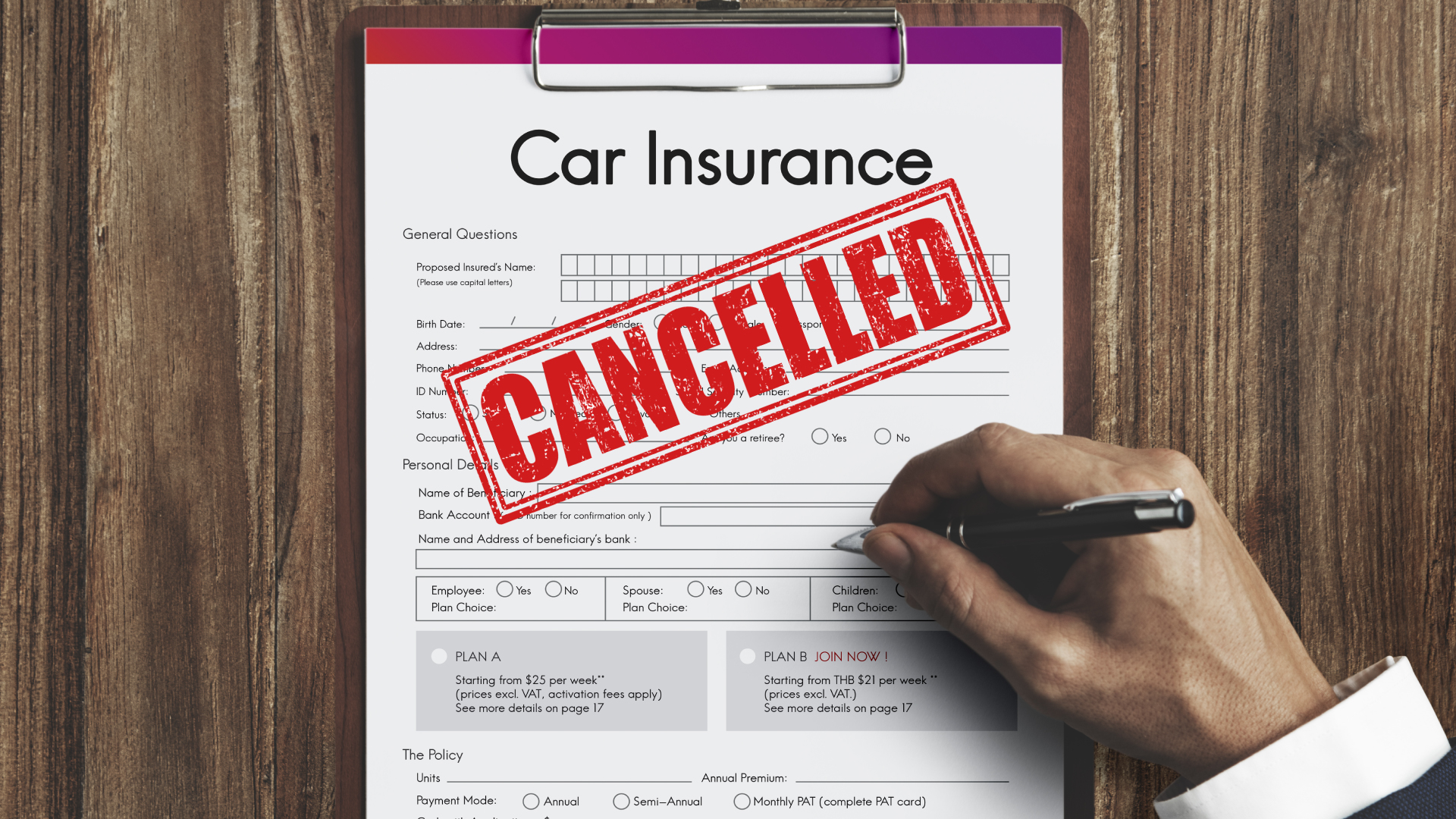Receiving a cancellation notice from your insurance company can be a stressful and overwhelming experience. Whether it’s your health, auto, or home insurance policy that’s been canceled, the uncertainty of what to do next can be daunting. In this article, we’ll explore the reasons why an insurance policy might be canceled and provide a step-by-step guide on how to navigate the situation.

Why Might an Insurance Policy Be Canceled?
Before we dive into the what-to-do-next part, it’s essential to understand why an insurance policy might be canceled in the first place. Some common reasons for policy cancellations include:
- Non-payment of premiums
- Misrepresentation or concealment of facts during the application process
- Excessive claims filed
- Policy holder’s ineligibility for coverage
- Business-related reasons, such as changes in business operations or financial instability
What to Do If Your Insurance Policy Is Canceled?
-
Review the Cancellation Notice: Carefully read the cancellation notice to understand the reason behind the cancellation and the effective date of the cancellation. If you disagree with the reason, make a note of any specific details or evidence that may support your case.
-
Contact Your Insurance Company: Reach out to your insurance company to confirm the cancellation and express any concerns you may have. This is an opportunity to discuss the reasons behind the cancellation and explore possible alternatives or solutions.
-
File an Appeal (If Applicable): If you disagree with the cancellation, check your policy to see if you can file an appeal. Be prepared to provide supporting documentation and evidence to back up your claim.
-
Explore New Insurance Options: Depending on the type of insurance policy canceled, you may need to find alternative coverage to meet your needs. Research different insurance companies, compare policies, and consider factors such as premium rates, coverage levels, and deductibles.
-
Notify Relevant Parties (If Necessary): If the canceled policy affects other parties, such as your employer, mortgage lender, or DMV (in the case of auto insurance), notify them promptly to avoid any potential consequences.
-
Seek Professional Advice (If Necessary): If you’re unsure about your rights or obligations following a policy cancellation, consider consulting with a licensed insurance professional or attorney specializing in insurance law.




